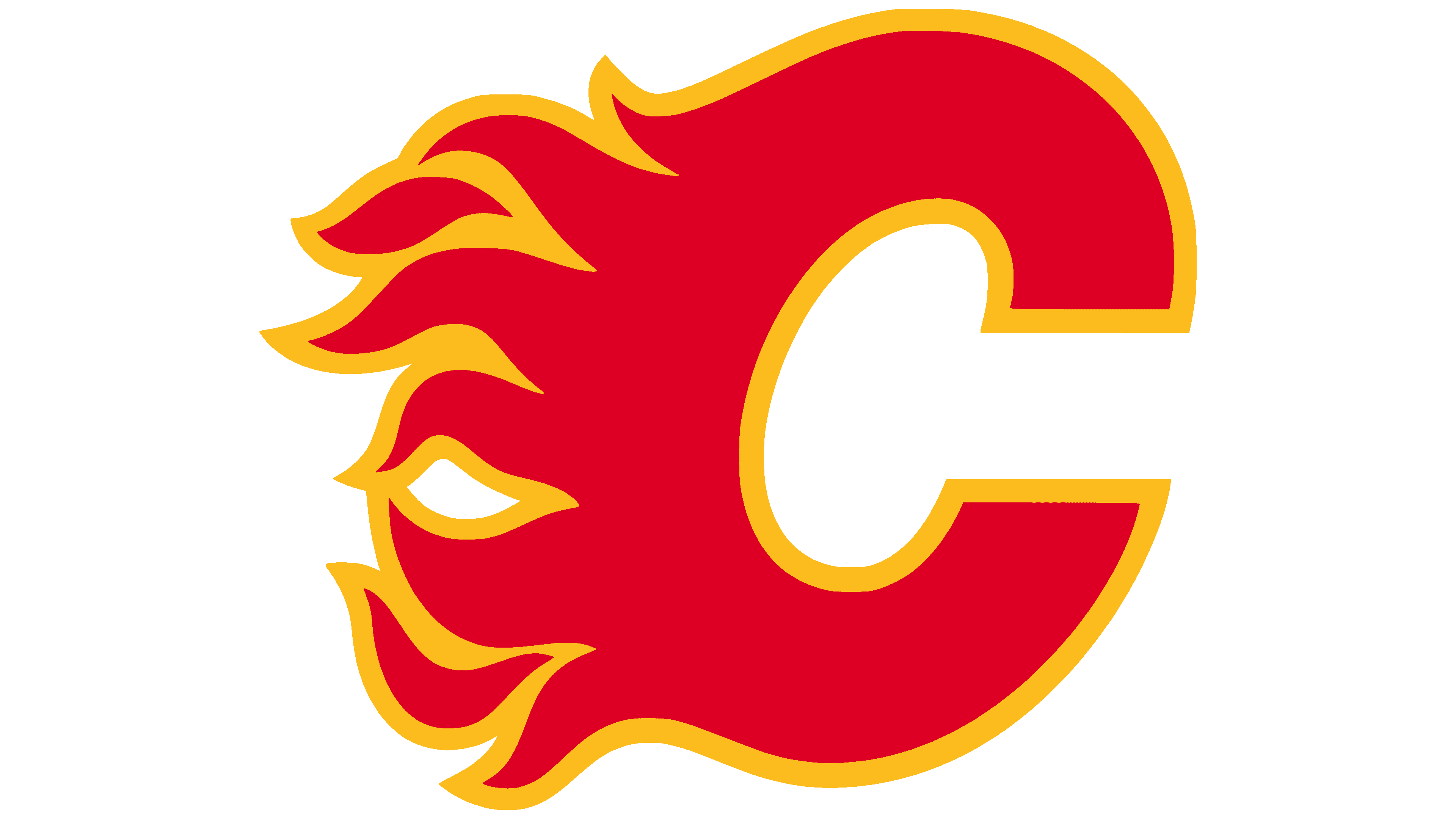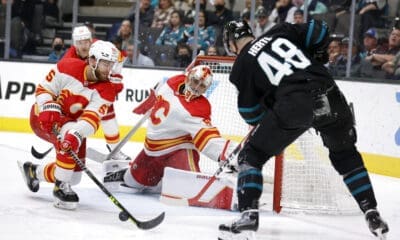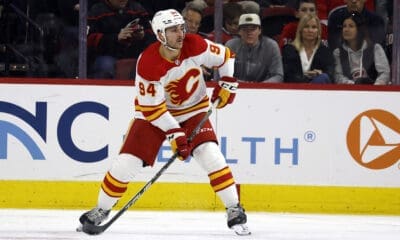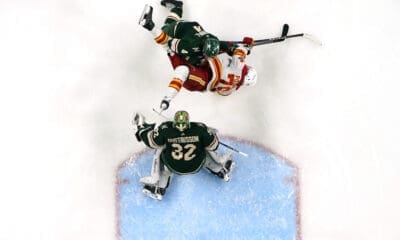Calgary Flames
Some Thoughts On Goalies and Niemi vs. Turco

The Chicago Blackhawks walked away from goalie Antti Niemi‘s $2.75M arbitration award on Monday, allowing the Stanley Cup winning ‘tender to look for work elsewhere, and promptly signed former Dallas Star Marty Turco for a cool $1.3M. Both moves come with inherent risks of course; Niemi had a decent season and a fairly good playoffs playing behind an excellent team. In 39 games during the regular season, he faced 936 shots (about 24 per game) and stopped 854 of them, good for an ES SV% of .914 and an overall SV% of .912. The Blackhawks have experienced some significant turnover up front this summer, and committing that many dollars to Niemi without replacing the contributions of the likes of Kris Versteeg and Dustin Byfuglien is certainly a gamble, especially for a team in Chicago’s cap situation. The Hawks currently have $3,121,744 in cap space (with penalties for exceeding the upper limit considered) with eighteen players signed, so scooping up Turco for $1.45M less is as close to a bargain as they’re likely going to get.
There may not be much separation between the skill level of NHL goalies once you get beyond the upper echelon of netminders, but Turco’s career numbers are solid nonetheless. Six consecutive seasons with thirty or more wins and an average overall SV% of .911 all while facing over 1500 shots in five of six seasons is certainly a lot better value at $1.3M than at $5.7M–his previous coin with the Stars. The 34-year-old has seen his workload reduced recently, as he only suited up for 53 games last season with a record of 22-20-11, 4 shutouts, and a .913 SV%, as the Stars missed out on the playoffs for a second consecutive season. His age is certainly a knock against him, as is his perceived lack of playoff success–but is spending less on an older goalie who has been consistently good but has likely plateaued versus spending more on one who played one good season behind a great team but is entering his prime the right way to go, or, with Cristobal Huet and his $5.626M cap hit on the books for the next two seasons, is it simply a case of who came with the cheaper price tag?
From The Rink’s Mike Chen compiled a list of young goalies comparable to Niemi–in that they had one good season, in some cases emphasized by a lengthy playoff run occasionally resulting in a championship, and were subsequently rewarded with a fair chunk of change by GMs who are convinced they’ve found something special–only to discover that a goaltender’s performance will vary, is dependent on a number of variables, and their career bests, often unsustainable regardless of age. Taken in conjunction with the fact that there is typically more supply than demand when it comes to the goalie market and the general interchangeability of most NHL ‘tenders, it’s easy to understand the contempt for the concept of a high-priced puckstopper like Miikka Kiprusoff, Evgeni Nabokov, or Roberto Luongo–three players who are very good at their jobs, but their pay cheques and their respective ages make it highly unlikely that they will provide value for their contracts over the course of the deal. I don’t think Kiprusoff’s cap hit has necessarily kept the Flames from going after and signing the players they need and want like Niemi’s might have done for the Blackhawks, but not having to contend with his annual salary for another four seasons would certainly not be the worst thing for the team’s finances.
At 26, Henrik Karlsson is the same age as Niemi, without the NHL experience and the Stanley Cup ring; will he be the guy who can serve as a low-cost replacement as Kiprusoff ages, will his value be needlessly driven up, or will he be tossed into the scrap heap of back-up goaltenders at season’s end? I for one am excited to see what Karlsson can do with the ice time he gets next season; Kiprusoff has been a workhorse (although he’s certainly earned it), and will be 34 come October; it’s unlikely that he’ll turn in a repeat performance of last season, when he almost single-handedly kept the struggling Flames team in front of him above water, so having a capable goalie waiting in the wings should he falter or succumb to injury is ideal. It hasn’t worked in the past (see: McElhinney, Curtis, who has gone on to be a relatively serviceable back-up for the Ducks) but this is new territory for the Flames. Goal is an important position and one an organization certainly wants to have depth at–you want a guy who’s going to stop the puck more often than not and steal the occasional game–but the “building from the net out” theory is flawed. Overspending on goaltending limits your abilities to build a team of players that outchance and outscore the other team and consistently help your team win games. If you have the latter, the importance of the former likely dwindles.
by Hayley Mutch








